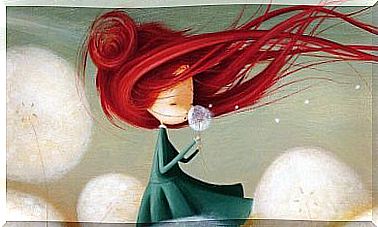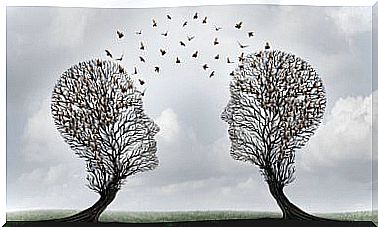Baby Blues, When Motherhood Turns To Sadness
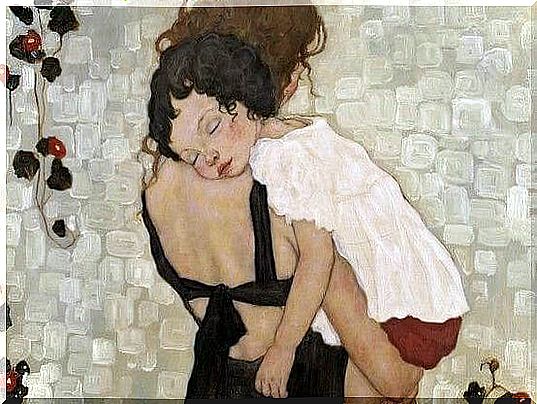
The birth of a baby is usually a time of intense joy and happiness for the future family; However, as common as they are, the truth is that these feelings are not always present. Sometimes motherhood is accompanied by temporary feelings of sadness.
Not all people are the same, nor does everyone experience the arrival of their child in the same way. Before assuming and taking for granted that a woman or a man is experiencing the arrival of the baby with joy, we should ask the person with the true interest of listening.
Due to the social pressure that exists on motherhood and the happiness that goes with it, it is very difficult to be able to openly express the true feelings surrounding the event. Sometimes joy is coupled with sadness, anger or frustration and the true emotions do not coincide with what the mother or father would theoretically have to experience.
Baby blues
The well-known baby blues is a transitory sadness that appears after childbirth. It appears during the first days after giving birth, especially during the 3rd-9th day, which is why it has also been called the third day syndrome.
This phenomenon is quite common, occurring in a high percentage of women. The mother often feels sad, irritable, anxious, or even empty. You may want to isolate yourself and not see your family members, feeling dejected and listless.
The importance of biology and the mind
Factors that influence the mood swings of motherhood include both physical and psychological factors. On the one hand, a woman’s body experiences a series of hormonal changes that can affect her mood.
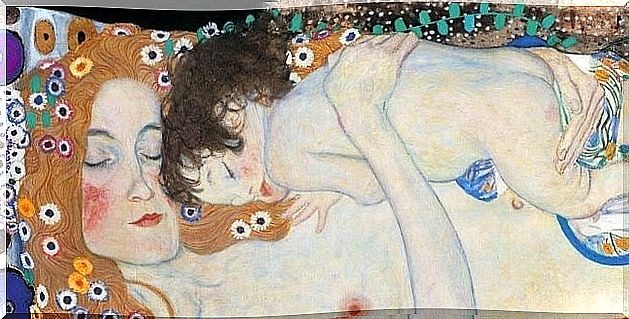
On the other hand, the psychological stress caused by the arrival of a baby, especially the first one, can also have a great influence. The first days the mother will have to attend to the newborn’s needs as novel and addressing them can lead to feelings of insecurity, sadness and anxiety.
From the “imaginary” son to the real one
In a society where motherhood is venerated and is practically idealized and mythologized, it is difficult to express ideas contrary to what is taken for granted. There are many expectations that people have about the role of being a mother or father and the future baby to come.
When the baby is born, expectations cease to be such to give way to reality. Some of the previous ideas that parents had about the baby will be fulfilled, while others will only partially or not.
Being sad is not the same as being depressed
Many times we confuse normal or transitory sadness with depression. Although sadness is part of depression, it is not enough to diagnose a depressive disorder. Depression is a more complex, intense and long-lasting syndrome.
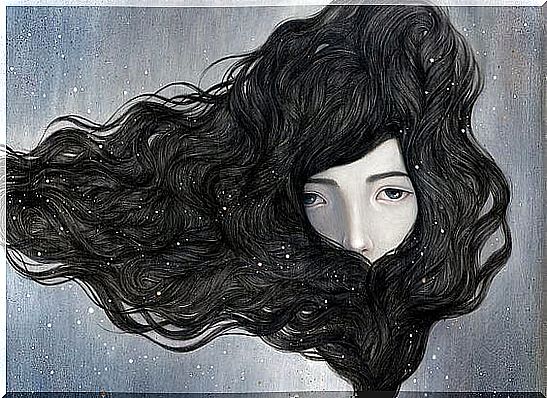
This sadness can increase the mother’s risk of major depression, but that does not mean that being sad after delivery is a symptom of depression. If the sadness lasts for several weeks and / or the symptoms are accentuated, it is advisable to go to a specialist for help.


